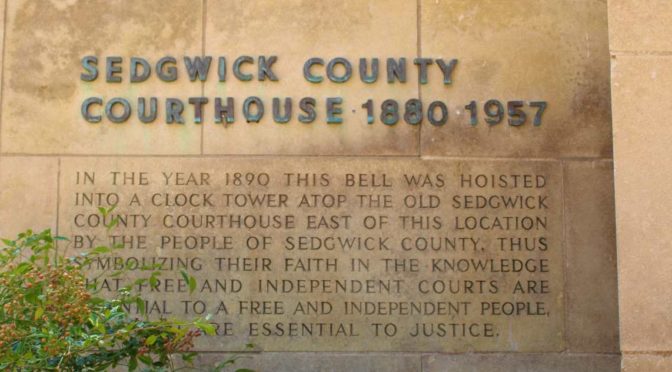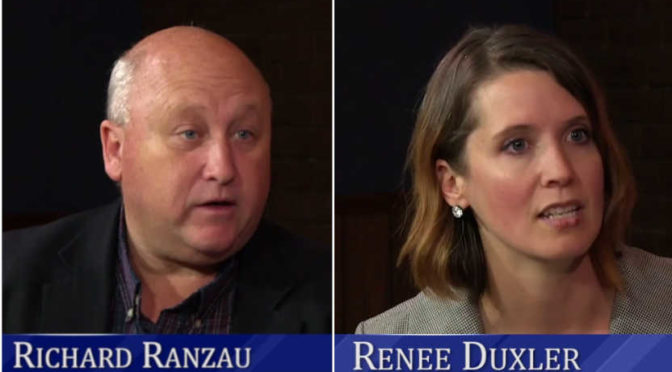Tag: Michael O’Donnell
-

End this now. Nominate Sarah Lopez.
Sedgwick County Republicans have a chance to do the decent thing and avoid the spectacle of a rump county commissioner.
-

Retiring Sedgwick County Commissioner Dave Unruh praised
The praise for retired Sedgwick County Commissioner Dave Unruh can’t be based on our region’s accomplishments under his guidance. That is, if people are informed and truthful.
-

Sedgwick County tops $434K in extra personnel costs
Sedgwick County has spent $434,663 in costs relating to the separations of two members of top management.
-

Déjà vu scandals in Sedgwick County government
The Sedgwick County Commission scandals are an outrage for me. I must speak out against the appalling revelations that provide explicit evidence of illegal misconduct in our county government, writes Karl Peterjohn.
-

WichitaLiberty.TV: Richard Ranzau and Renee Duxler
Sedgwick County Commissioner Richard Ranzau explains the current problems with corruption in the county. Then, Renee Duxler tells us why she’s running for Sedgwick County Commission.
-

The overcriminalization in the charges against Michael O’Donnell
The indictment against Sedgwick County Commissioner Michael O’Donnell smells of overcriminalization.
-

For Sedgwick County Commission, too much debate
By moving to end motions and debate, the Sedgwick County Commission isn’t effectively serving citizens and taxpayers. Yesterday’s meeting of the Sedgwick County Commission offered an opportunity to learn how we can improve local government. The issue the commission was considering, significant in its own right, is not important to the following discussion. It’s the…
-

David Dennis, gleeful regulatory revisionist
David Dennis, candidate for Sedgwick County Commission, rewrites his history of service on the Kansas State Board of Education.
-

Wichita economic development items this week
Two economic development items on tap in Wichita this week illustrate failures or shortcomings of the regime.
-

In Wichita, open records relief may be on the way
A new law in Kansas may provide opportunities for better enforcement of the Kansas Open Records Act.
-

No-bid contracts still passed by Wichita city council
Despite a policy change, the Wichita city council still votes for no-bid contracts paid for with taxpayer funds.
-
How TIF routes taxpayer-funded benefits to Wichita’s political players
In Wichita, tax increment financing (TIF) leads to taxpayer-funded waste that benefits those with political connections at city hall.